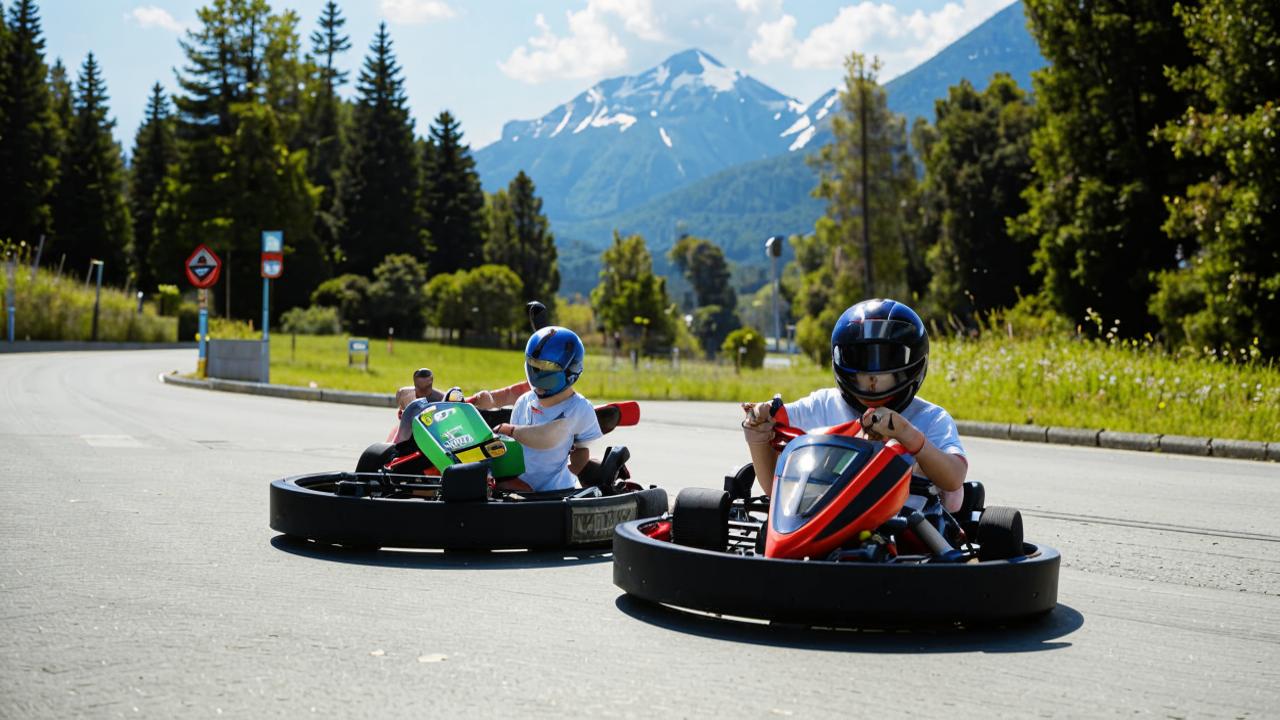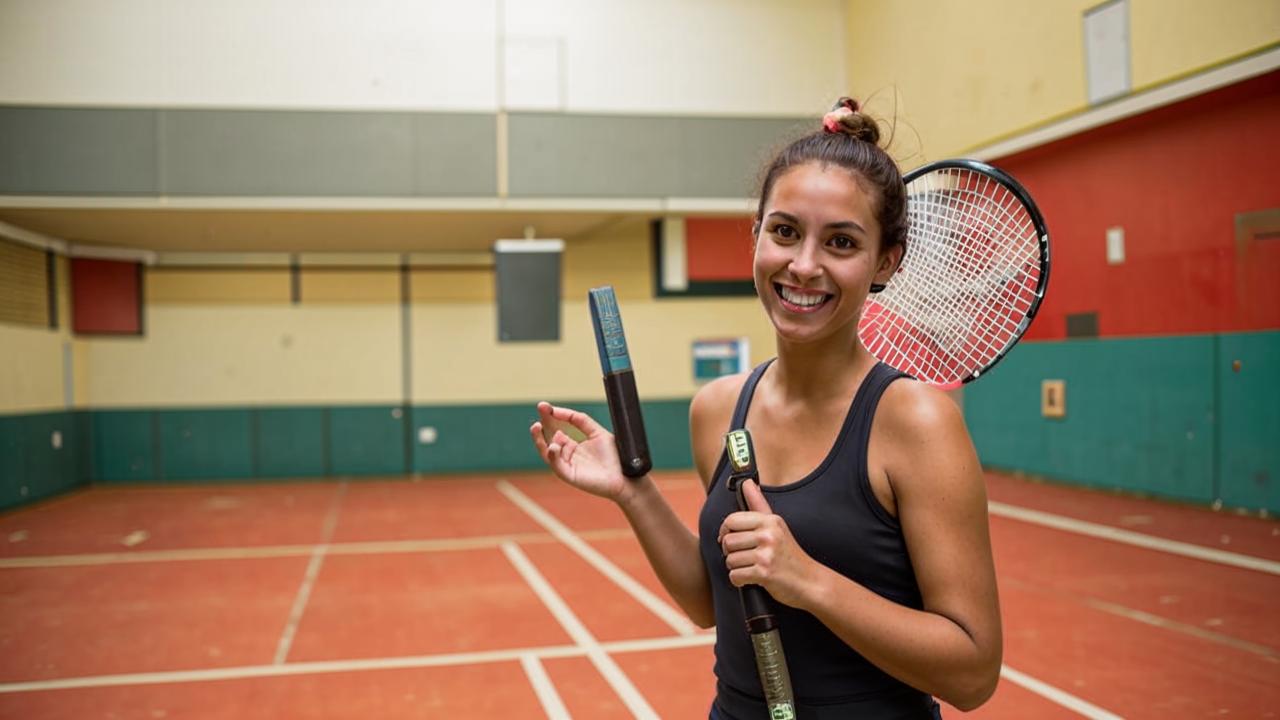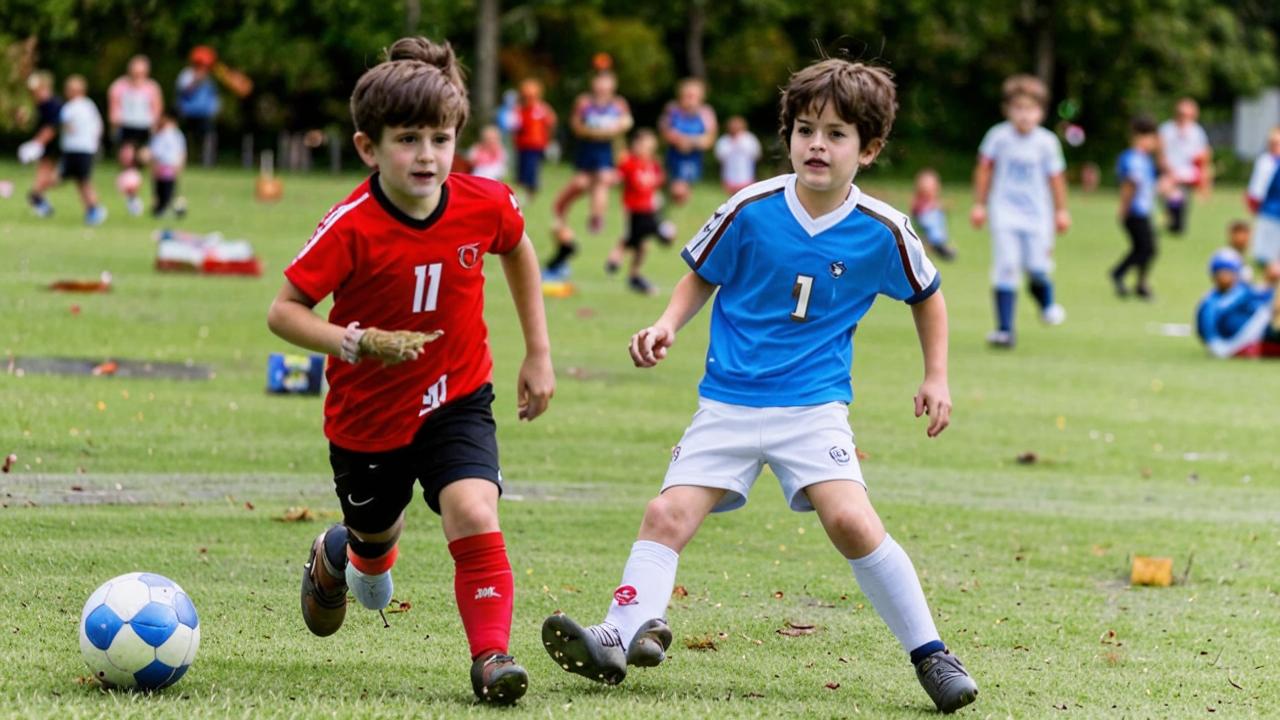How to set a child up for competition and support him/her correctly
November 15, 2022, 15:20 MSC

It is an integral part of the training process.
Competitions give children the opportunity to apply the skills they have learned in training, gain invaluable experience of victories and defeats, contribute to the development and formation of various values that will be useful to them in life.

Squash coach, head coach of the Moscow Children’s Squash Academy
Participation in tournaments contributes to the formation of character, development of physical abilities, moral and volitional qualities and socialization. Competitions are an opportunity to play with your peers, a chance to feel a part of the team and sports community.
The other side of the coin is pre-, post- and tournament stress, which can negatively affect a child’s development, lead to a loss of interest in sport, and consequently, drop out of it. As a result, dropping out of the sport often happens before the true potential of the young athlete is realized.

The most common mistakes associated with participation in competition are premature participation in tournaments, too frequent participation and exclusive focus on winning and results. Such things lead to increased stress and anxiety levels and loss of interest.
A few tips to help reduce the level of pressure on your child:
- Focus on the process, not the outcome. Every match and action should be taught to be treated as a process of continuous improvement. Explain to your child that competition is not a “forge of instant champions”, but a platform where they should try to hone and improve the skills they learn in training.
- Talk less about winning and more about effort, perseverance and fair-play. Displaying these qualities builds character. A focus on winning contributes to a stressful atmosphere in which a child cannot fully develop.
- Avoid the “cult of infallibility.” A child should not be afraid to make mistakes. This is how he can learn new things. Only those who do nothing are not mistaken.
- A young athlete is not a “little adult” but a child, and the request to him should be as a child, commensurate with the possibilities of his age.

- Remember that a child’s physiological systems are in the process of development and many systems are not yet developed (e.g. coordination, muscular system, nervous system, etc.) Expectations and attitudes should be appropriate to the child’s abilities.
- Try to create as “safe” an environment as possible. The child should not feel pressure for results from parents and coach. This increases anxiety and negatively affects performance.
- Parents are required to be supportive first and foremost.
- Before entering the first competition, make sure that the child is ready for it, e.g. motivational readiness, level skills, experience of competitive drills and practice matches.
- Make it clear to the child that one of the main objectives is to enjoy the game.
- Speak to the child in the “language of their age”, make sure they understand what you want them to do and that they can do it.
I am confident that the above tips will contribute to a positive experience in sports and competition and favor the continued pursuit of an athletic lifestyle. Remember, low stress levels contribute to high levels of motivation and performance.
We must not forget that children play sports not only for achievement, but also for fun, love of the game and socializing with friends. Our challenge is to keep as many kids on this path as possible.






